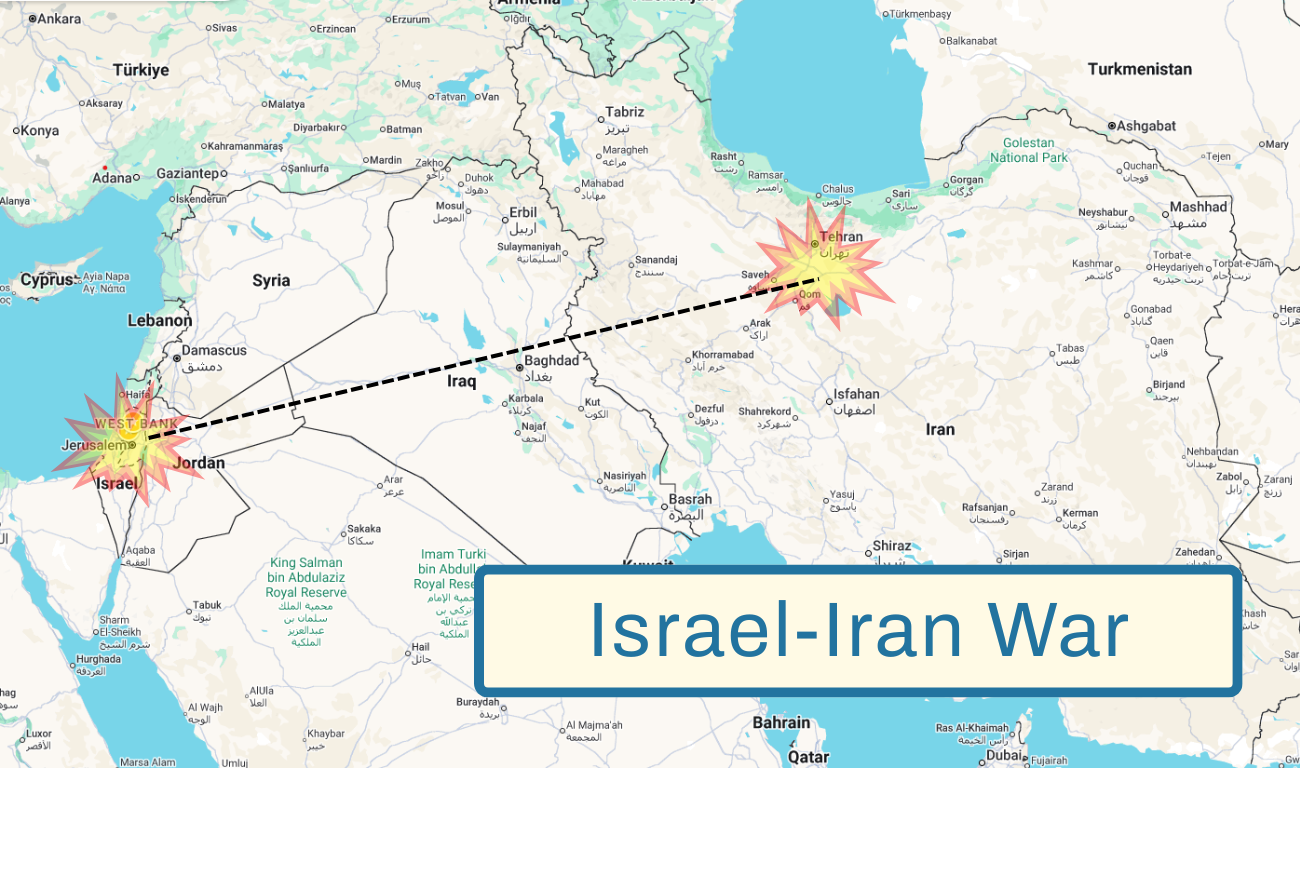Israel’s war with Iran — Operation Rising Lion — is well into its second week, with civilians under frequent missile barrages and the death toll rising. During this frightening time, the Hadassah Foundation has been in close contact with our Israeli grant recipients — organizations that improve the lives of women and girls — and all are doing as well as possible under the circumstances.
With family members and staff being called up for reserve duty and with days and nights punctuated by frequent emergency trips to shelters, the people who keep these important organizations running are, like all Israelis, under enormous strain. The CEO of one grant recipient told us she and her family had to run down 24 flights of stairs after their Tel Aviv apartment building was hit by a missile. Another grantee leader has been scrambling to work from home while solo parenting his toddler (daycare centers have been closed since this new war began and his wife has been stranded abroad).
Despite the personal challenges, our grantee organizations are putting the needs of their constituents front and center, offering programming and support groups on Zoom and checking in with constituents. Several have launched new efforts in response. Below is a sampling of what our grantees have been up to since this war began.
Itach Ma’aki: Women Lawyers for Social Justice, which advocates for and empowers Israel’s most marginalized women, is mobilizing on behalf of Arab families — particularly those in unrecognized Bedouin villages — that lack access to bomb shelters and/or are not protected by Iron Dome. It has sent several emergency letters to the government demanding the immediate provision of an emergency budget for shelters and other protection mechanisms for unrecognized villages and towns of other marginalized communities in Israel. With no government response so far, the group is working to evacuate 50 of the most vulnerable families — including survivors of domestic violence and single mothers with small children — to temporary housing that includes protected spaces.
Israel Women’s Network (IWN) is working to grow the capacity of its Alice’s Line, a hotline that is available in four languages and helps direct women on filing claims for compensation for war-related property damage, understanding their employment rights during times of emergency, accessing benefits, and more. Through this hotline, IWN, which promotes gender equality in the workplace, public spaces, and in government allocations of resources, gathers real-time and comprehensive data about women’s needs and the systemic gaps that exist. Because women remain largely absent from Israel’s decision-making tables, and their specific needs and the disproportionate impact on them are often overlooked or pushed to the margins of the national agenda, IWN is leading efforts to share the information it is collecting and have women’s needs represented in national policy decisions. Since Oct. 7, 2023, Alice’s Line has assisted more than 1,650 women, and IWN CEO Tal Hochman reports that “in recent days, the number of inquiries has surged.”
Leaders at Women’s Spirit and Eden Association — organizations that empower women who are survivors of abuse — shared that many of the women they serve, who are already carrying trauma, are feeling particularly fragile right now. “We remain committed to supporting our participants—courageous women who have been working tirelessly to rebuild their lives since the outbreak of the war, most of them without family support or even a reinforced room to seek shelter in,” leaders of Women’s Spirit shared in an email. “Now, once again, they face not only emotional upheaval but a real threat to their and their children’s lives.” Both organizations say they are continuing to support the women in their care, whether through phone calls, Zoom therapy sessions, support groups, or other services.
Forum Dvorah, which works to increase the number of women in the top decision-making positions within the security and foreign policy fields, reports that many of the women in its professional network have been called up for reserve duty, and others are addressing the current crisis in various ways: conducting research on urgent issues; working in the defense industries; writing articles and commentaries; participating in interviews and panel discussions across major media platforms; and engaging with international audiences through public diplomacy, relaying information to press clubs, and providing expert analysis in multiple languages. In a recent email update, its leaders emphasized “the significant and visible role of women warriors in this war. Women are serving in real-time operational roles: as combat pilots and navigators on missions over Iran; as soldiers and officers in the Home Front Command; and in a range of national security institutions, including highly sensitive units and more.”
Despite Israel’s familiarity with these types of events, they remain far from normal, rocking the lives of Israelis and forever impacting all of us. The Hadassah Foundation will continue to publish updates as we receive more information from our Israel-based partners.

